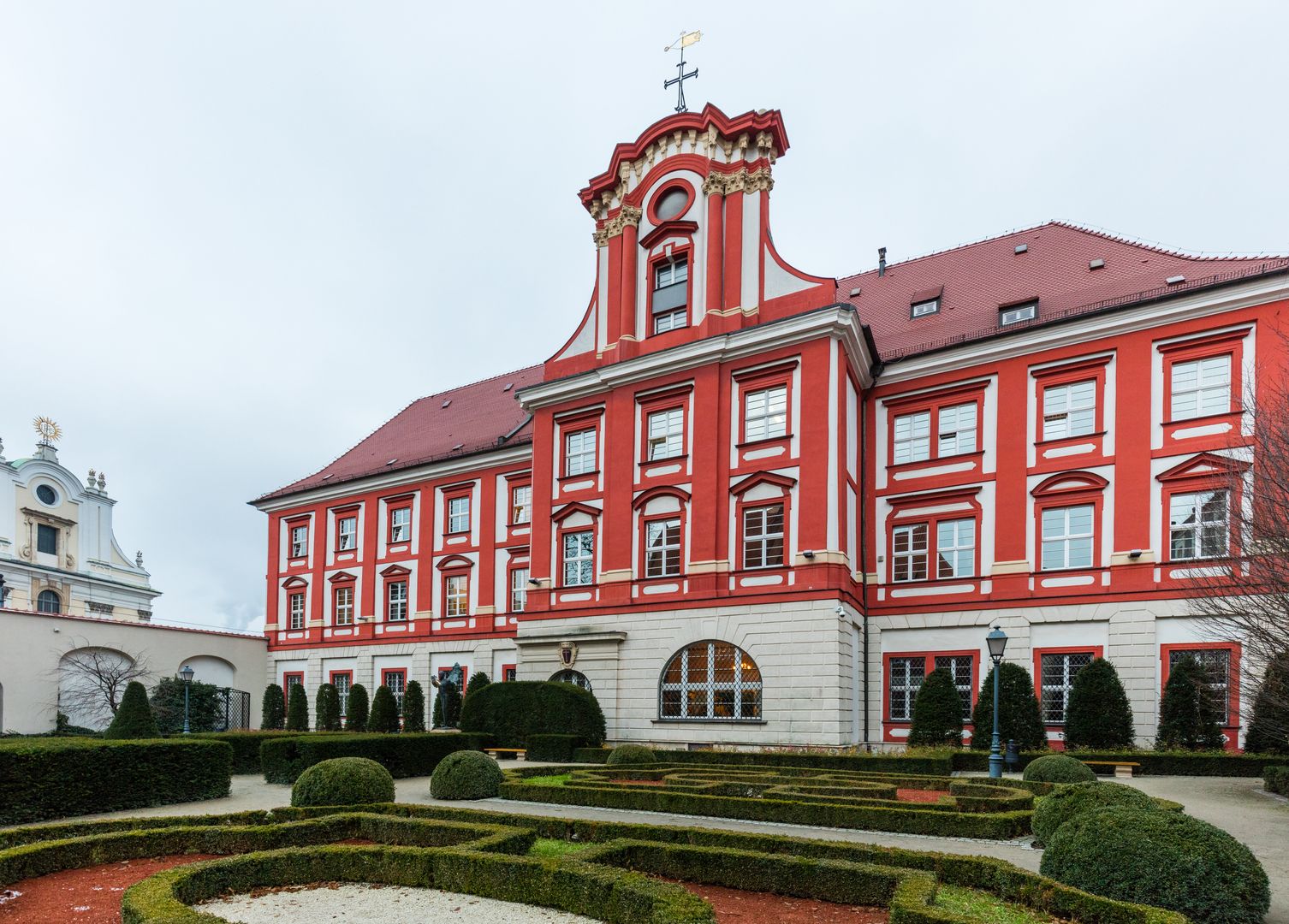Ossolineum
6.96

Overview
The Ossoliński National Institute, known as Ossolineum, is a Polish scientific and cultural institution founded in 1817 by Józef Maksymilian Ossoliński. Initially based in Lviv, it has been located in Wrocław since 1947. The Ossolineum Library serves as a national repository, collecting Polish scientific and literary heritage, including valuable manuscripts and autographs of the most important Polish creators such as Adam Mickiewicz, Juliusz Słowacki, and Henryk Sienkiewicz. Before World War II, the library held over 220,000 works, including a rich collection of Polish press from the 19th and 20th centuries, which unfortunately remained in Lviv. After the war, Ossolineum's collections were divided, with some evacuated to Kraków, where they were preserved at the Jagiellonian Library. Architecturally, the Ossolineum buildings in Wrocław reflect Baroque monastic complexes, and their renovation aimed to restore the historical character of the site. Ossolineum has become a center of Polish intellectual life, focusing on research into Polish history and literature. In recent years, contacts with the V. Stefanyk Lviv National Scientific Library have been renewed, enabling collaboration on the digitization of collections. In 2023, Ossolineum celebrated its 200th anniversary, and its collections now include 1.8 million items. Interestingly, a work by the Baroque artist Alessandro Turchi, "Madonna and Child," which had gone missing during the war, was returned to Ossolineum from Japan.
Location
Tickets
Powered by GetYourGuide
2026 Wizytor | All Rights Reserved